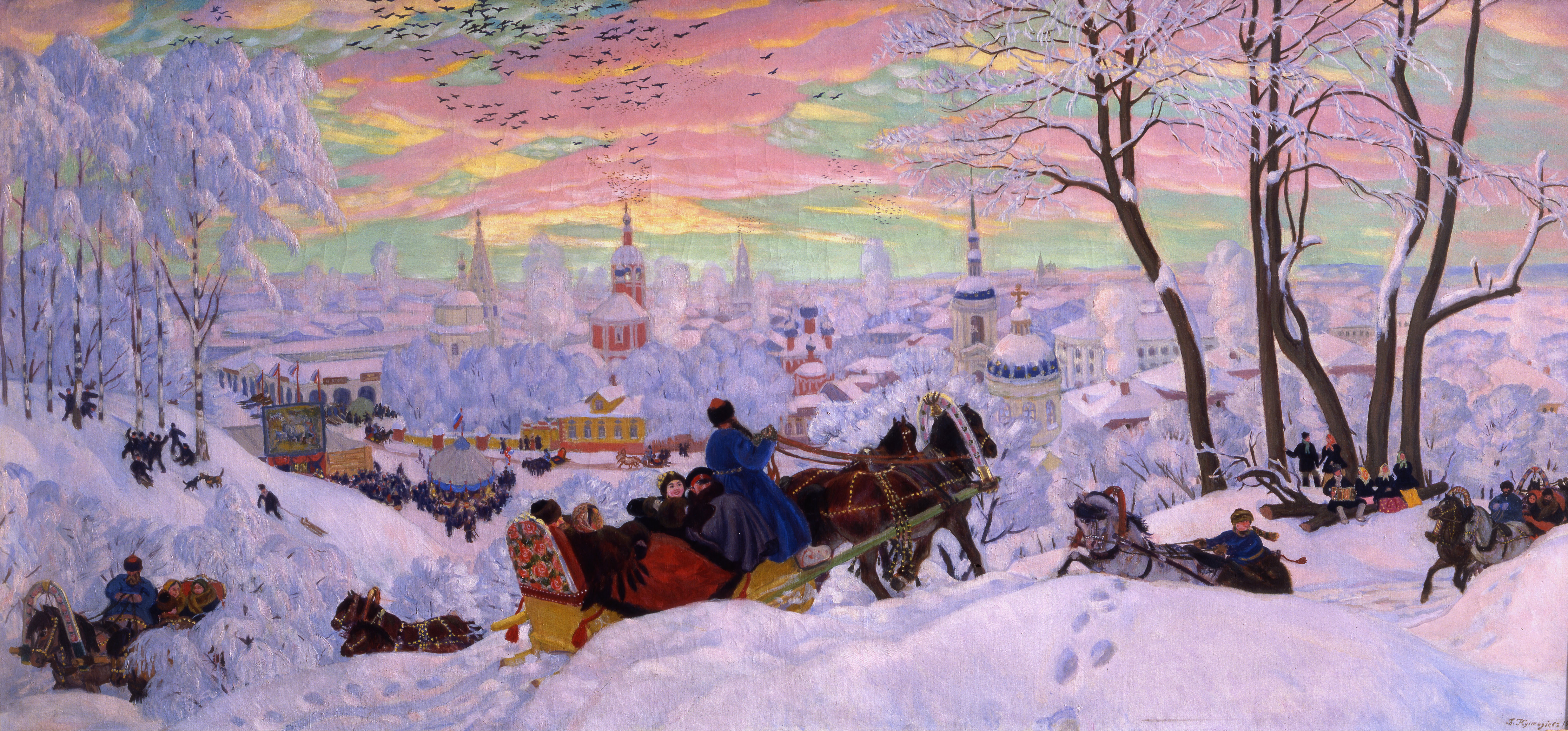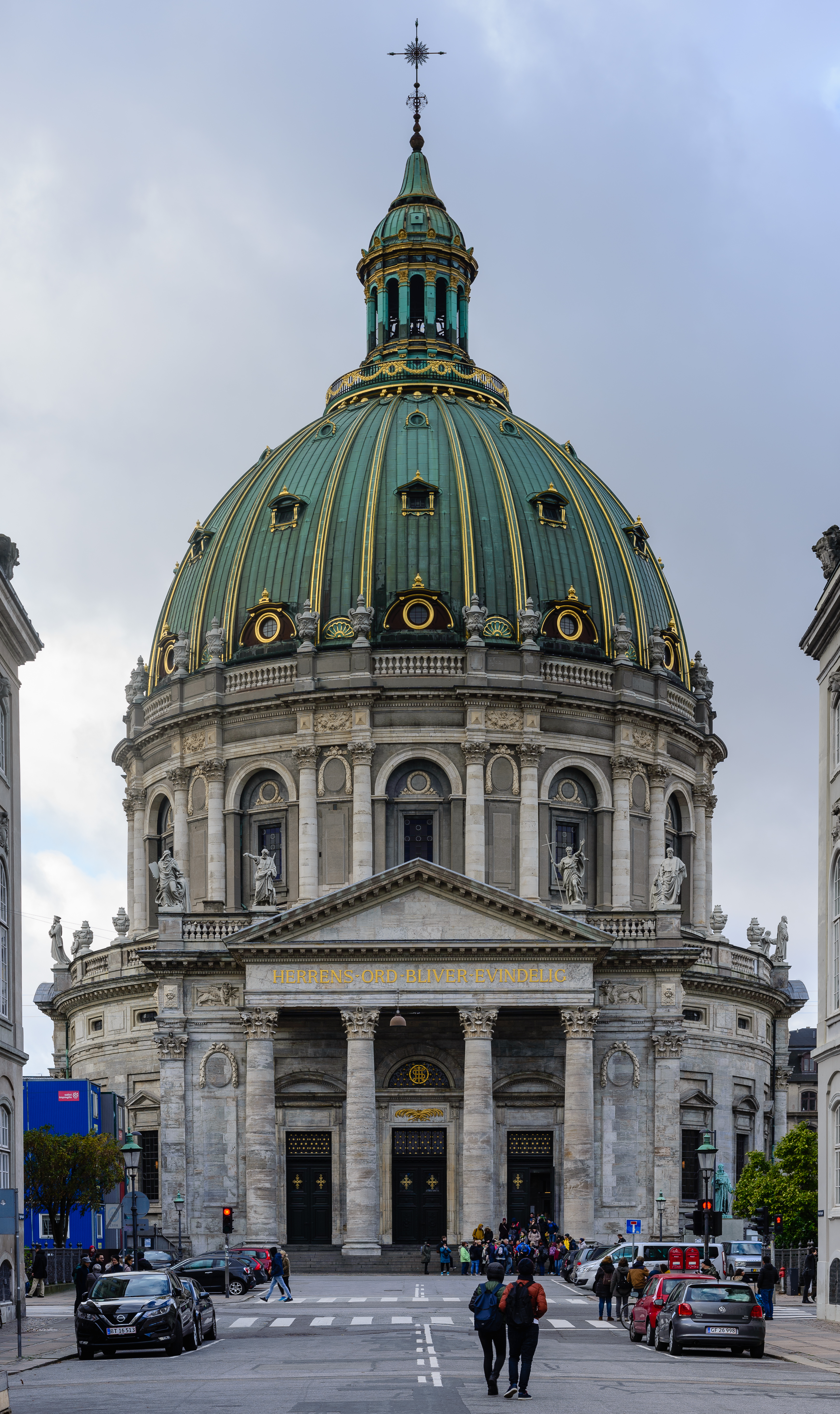|
Carnivals
Carnival (known as Shrovetide in certain localities) is a festive season that occurs at the close of the Christian pre-Lenten period, consisting of Quinquagesima or Shrove Sunday, Shrove Monday, and Shrove Tuesday or Mardi Gras. Carnival typically involves public party, celebrations, including events such as parades, public street party, street parties and other entertainments, combining some elements of a circus. Elaborate costumes and masks allow people to set aside their everyday individuality and experience a heightened sense of social unity.Bakhtin, Mikhail. 1984. ''Rabelais and his world''. Translated by H. Iswolsky. Bloomington: Indiana University Press. Original edition, ''Tvorchestvo Fransua Rable i narodnaia kul'tura srednevekov'ia i Renessansa'', 1965. Participants often indulge in excessive consumption of alcohol, meat, and other foods that will be forgone during upcoming Lent. Traditionally, butter, milk, and other animal products were not consumed "excessively", r ... [...More Info...] [...Related Items...] OR: [Wikipedia] [Google] [Baidu] [Amazon] |
Shrove Monday
Shrove Monday (also known as Collopy Monday, Rose Monday, Merry Monday or Hall Monday) is part of the Shrovetide or Carnival observances and celebrations of the week before Lent, following Quinquagesima or Shrove Sunday and preceding Shrove Tuesday or Mardi Gras. Shrovetide The word ''shrove'' is the past tense of the English verb ''shrive'', which means to give absolution for someone's sins by way of Confession (religion), confession and forgiveness. Thus Shrovetide gets its name from the shriving that English Christians were expected to do prior to receiving absolution immediately before Lent begins. Shrove Tuesday is the last day of "shrovetide", somewhat analogous to the ''Carnival'' tradition that developed separately in countries of Romance-speaking Europe, Latin Europe. The terms "Shrove Monday" and "Shrove Tuesday" are no longer widely used in the United States or Canada outside of liturgical traditions, such as in the Lutheran, Anglican, and Roman Catholic Churches. Col ... [...More Info...] [...Related Items...] OR: [Wikipedia] [Google] [Baidu] [Amazon] |
Circus
A circus is a company of performers who put on diverse entertainment shows that may include clowns, acrobats, trained animals, trapeze acts, musicians, dancers, hoopers, tightrope walkers, jugglers, magicians, ventriloquists, and unicyclists as well as other object manipulation and stunt-oriented artists. The term "circus" also describes the field of performance, training, and community which has followed various formats through its 250-year modern history. Although not the inventor of the medium, Newcastle-under-Lyme born Philip Astley is credited as the father of the modern circus. In 1768, Astley, a skilled equestrian, began performing exhibitions of trick horse riding in an open field called Ha'penny Hatch on the south side of the Thames River, England. In 1770, he hired acrobats, tightrope walkers, jugglers, and a clown to fill in the pauses between the equestrian demonstrations and thus chanced on the format which was later named a "circus". Performances deve ... [...More Info...] [...Related Items...] OR: [Wikipedia] [Google] [Baidu] [Amazon] |
Shrove Tuesday
Shrove Tuesday (also known as Pancake Tuesday or Pancake Day) is the final day of Shrovetide, which marks the end of the pre-Lenten season. Lent begins the following day with Ash Wednesday. Shrove Tuesday is observed in many Christian state, Christian countries through participating in Confession (religion)#Christianity, confession, the ritual burning of the previous year's Holy Week palms, finalizing one's Lenten sacrifice, as well as eating pancakes and other sweets. Shrove Tuesday is observed by many Christians, including Anglicans, Lutherans, Methodists, Western Orthodox, Western-rite Orthodox Christians, and Roman Catholics, who "make a special point of self-examination, of considering what wrongs they need to repent, and what amendments of life or areas of spiritual growth they especially need to ask God's help in dealing with." This moveable feast is determined by date of Easter, the date of Easter. The expression "Shrove Tuesday" comes from the word ''wikt:en:shrive, shr ... [...More Info...] [...Related Items...] OR: [Wikipedia] [Google] [Baidu] [Amazon] |
Lingelbach Karneval In Rom 001
Lingelbach is a surname. Notable people with the surname include: *Frank J. Lingelbach (1888–1947), American businessman and politician *Johannes Lingelbach (1622–1674), Dutch Golden Age painter {{Short pages monitor ... [...More Info...] [...Related Items...] OR: [Wikipedia] [Google] [Baidu] [Amazon] |
Catholic
The Catholic Church (), also known as the Roman Catholic Church, is the List of Christian denominations by number of members, largest Christian church, with 1.27 to 1.41 billion baptized Catholics Catholic Church by country, worldwide as of 2025. It is among the world's oldest and largest international institutions and has played a prominent role in the history and development of Western civilization.Gerald O'Collins, O'Collins, p. v (preface). The church consists of 24 Catholic particular churches and liturgical rites#Churches, ''sui iuris'' (autonomous) churches, including the Latin Church and 23 Eastern Catholic Churches, which comprise almost 3,500 dioceses and Eparchy, eparchies List of Catholic dioceses (structured view), around the world, each overseen by one or more Bishops in the Catholic Church, bishops. The pope, who is the bishop of Rome, is the Papal supremacy, chief pastor of the church. The core beliefs of Catholicism are found in the Nicene Creed. The ... [...More Info...] [...Related Items...] OR: [Wikipedia] [Google] [Baidu] [Amazon] |
Holy Week
Holy Week () commemorates the seven days leading up to Easter. It begins with the commemoration of Triumphal entry into Jerusalem, Christ's triumphal entry into Jerusalem on Palm Sunday, marks the betrayal of Jesus on Spy Wednesday (Holy Wednesday), climaxing with the commemoration of the Last Supper on Maundy Thursday (Holy Thursday) and the Passion of Jesus on Good Friday (Holy Friday). Holy Week concludes with Christ's Crucifixion of Jesus, death and Harrowing of Hell, descent into hell on Holy Saturday. For all Christian traditions, it is a Moveable feast, moveable observance. In Eastern Christianity, which also calls it Great Week, it is the week following Great Lent and Lazarus Saturday, starting on the evening of Palm Sunday and concluding on the evening of Holy Saturday, Great Saturday. In Western Christianity, Holy Week is the sixth and last week of Lent, beginning with Palm Sunday and concluding on Holy Saturday. Christians believe that Jesus rested in death from the n ... [...More Info...] [...Related Items...] OR: [Wikipedia] [Google] [Baidu] [Amazon] |
Palm Sunday
Palm Sunday is the Christian moveable feast that falls on the Sunday before Easter. The feast commemorates Christ's triumphal entry into Jerusalem, an event mentioned in each of the four canonical Gospels. Its name originates from the palm branches waved by the crowd to greet and honor Jesus Christ as he entered the city. Palm Sunday marks the first day of Holy Week; in Western Christianity, this is the beginning of the last week of the solemn season of Lent, preceding Eastertide, while in Eastern Christianity, Holy Week commences after the conclusion of Great Lent. In most Christian rites, Palm Sunday is celebrated by the blessing and distribution of palm branches (or the branches of other native trees), representing the palm branches that the crowd scattered before Christ as he rode into Jerusalem. These palms are sometimes woven into Christian cross, crosses. The difficulty of procuring palms in unfavorable climates led to the substitution of branches of native trees, includi ... [...More Info...] [...Related Items...] OR: [Wikipedia] [Google] [Baidu] [Amazon] |
Palm Branch
The palm branch, or palm frond, is a symbol of victory, triumph, peace, and eternal life originating in the ancient Near East and Mediterranean world. The palm ''(Phoenix (plant), Phoenix)'' was sacred in Mesopotamian religions, and in ancient Egyptian religion, ancient Egypt represented immortality. In Judaism, the lulav, a closed wikt:frond, frond of the date palm is part of the Three Pilgrimage Festivals, festival of Sukkot. A palm branch was awarded to victorious athletes in ancient Greece, and a palm frond or the tree itself is one of the most common attributes of Victoria (mythology), Victory personified in ancient Rome. In Christianity, the palm branch is associated with Jesus' Triumphal entry into Jerusalem, Triumphal Entry into Jerusalem, celebrated on Palm Sunday, when the Gospel of John says of the citizens, "they took palm branches and went out to meet Him" (12:13 HCSB). Additionally, the palm has meaning in Christian symbolism, Christian iconography, representing vic ... [...More Info...] [...Related Items...] OR: [Wikipedia] [Google] [Baidu] [Amazon] |
The Times-Reporter
''The Times-Reporter'' is an American daily newspaper published seven mornings a week in New Philadelphia, Ohio. It is owned by Gannett. History The newspaper was created in 1968 through the merger of ''The Daily Times'' of New Philadelphia and ''The Daily Reporter'' of Dover, Ohio. They remain the principal cities of its coverage area, which also includes the Tuscarawas County communities of Baltic, Bolivar, Dennison, Gnadenhutten, Newcomerstown, Strasburg, Sugarcreek, Tuscarawas, Uhrichsville, and Stone Creek; and some coverage of Carroll, Coshocton, Harrison, Holmes and Stark counties. GateHouse acquired ''The Times-Reporter'' in April 2007 from Copley Press. GateHouse later acquired, and changed its name to, Gannett. ''The Times-Reporter'' is related to three other Gannett newspapers in Northeast Ohio, the dailies ''The Independent ''The Independent'' is a British online newspaper. It was established in 1986 as a national morning printed paper. N ... [...More Info...] [...Related Items...] OR: [Wikipedia] [Google] [Baidu] [Amazon] |
Fastelavn
Fastelavn is a Carnival tradition in the Northern European, and historically Lutheran, nations of Denmark, Norway, Sweden, Latvia, Estonia, Iceland, Faroe Islands, as well as Greenland. The traditions of Fastelavn vary somewhat by country and by local region, as some traditions have changed over time. A common theme of Fastelavn in all the countries currently involves children dressing up in costumes, walking door to door while they sing and gathering treats for the Fastelavn feast, a form of trick-or-treating. Today, the festivities of Fastelavn are generally considered to be a time for children’s fun and family games. Fastelavn is celebrated seven weeks before Easter Sunday and therefore always falls on a Sunday between February 1 and March 7. Etymology and origins The term ''Fastelavn'' comes from Old Danish ''fastelaghen'', which was a borrowing of the Middle Low German ''vastel-avent'', meaning "fast-evening", or the day before Lent. The word has cognates in other mostly ... [...More Info...] [...Related Items...] OR: [Wikipedia] [Google] [Baidu] [Amazon] |
Greece
Greece, officially the Hellenic Republic, is a country in Southeast Europe. Located on the southern tip of the Balkan peninsula, it shares land borders with Albania to the northwest, North Macedonia and Bulgaria to the north, and Turkey to the east. The Aegean Sea lies to the east of the Geography of Greece, mainland, the Ionian Sea to the west, and the Sea of Crete and the Mediterranean Sea to the south. Greece has the longest coastline on the Mediterranean Basin, spanning List of islands of Greece, thousands of islands and nine Geographic regions of Greece, traditional geographic regions. It has a population of over 10 million. Athens is the nation's capital and List of cities and towns in Greece, largest city, followed by Thessaloniki and Patras. Greece is considered the cradle of Western culture, Western civilisation and the birthplace of Athenian democracy, democracy, Western philosophy, Western literature, historiography, political science, major History of science in cl ... [...More Info...] [...Related Items...] OR: [Wikipedia] [Google] [Baidu] [Amazon] |
Evangelical Lutheran Church In Denmark
The Evangelical-Lutheran Church in Denmark or National Church ( , or unofficially ; ), sometimes called the Church of Denmark, is the established, state-supported church in Denmark. The supreme secular authority of the church is composed of the reigning monarch and Denmark's Parliament, the Folketing. , 70.7% of the population of Denmark are members,Church membership 1990–2024 folkekirken.dk though membership is voluntary.Freedom of religion and religious communities in Denmark , Ministry of Ecclesiastical Affairs. Retrieved 21 January 2011. |






